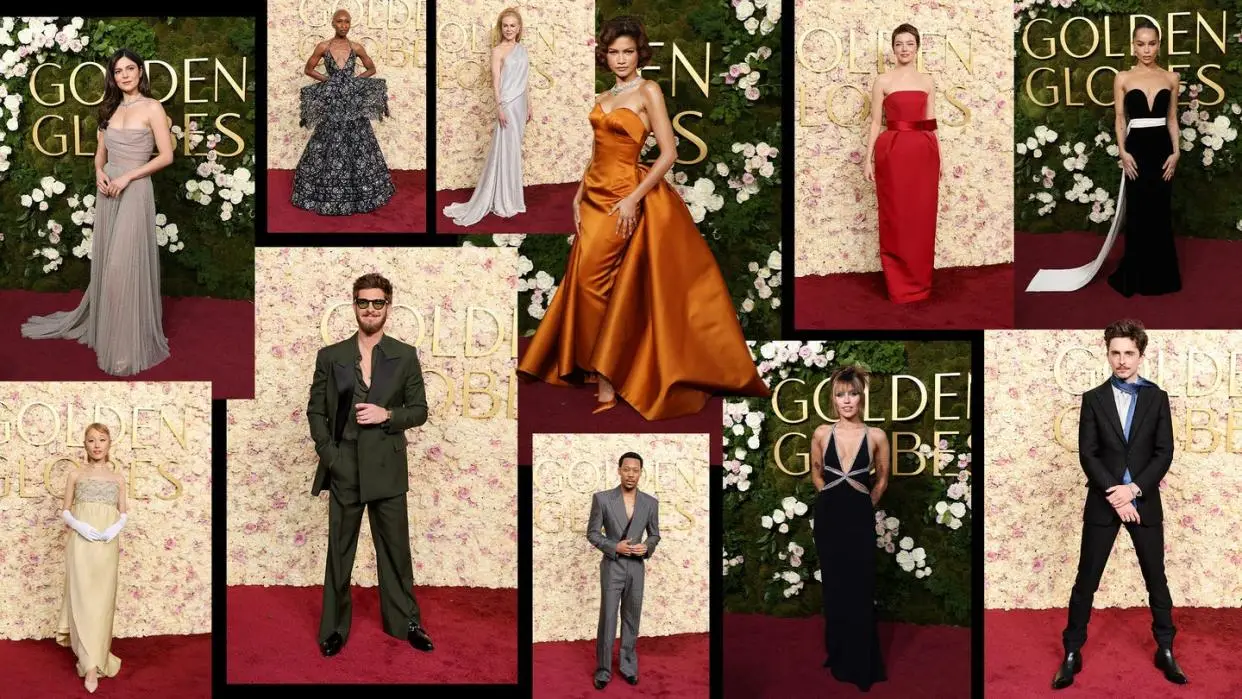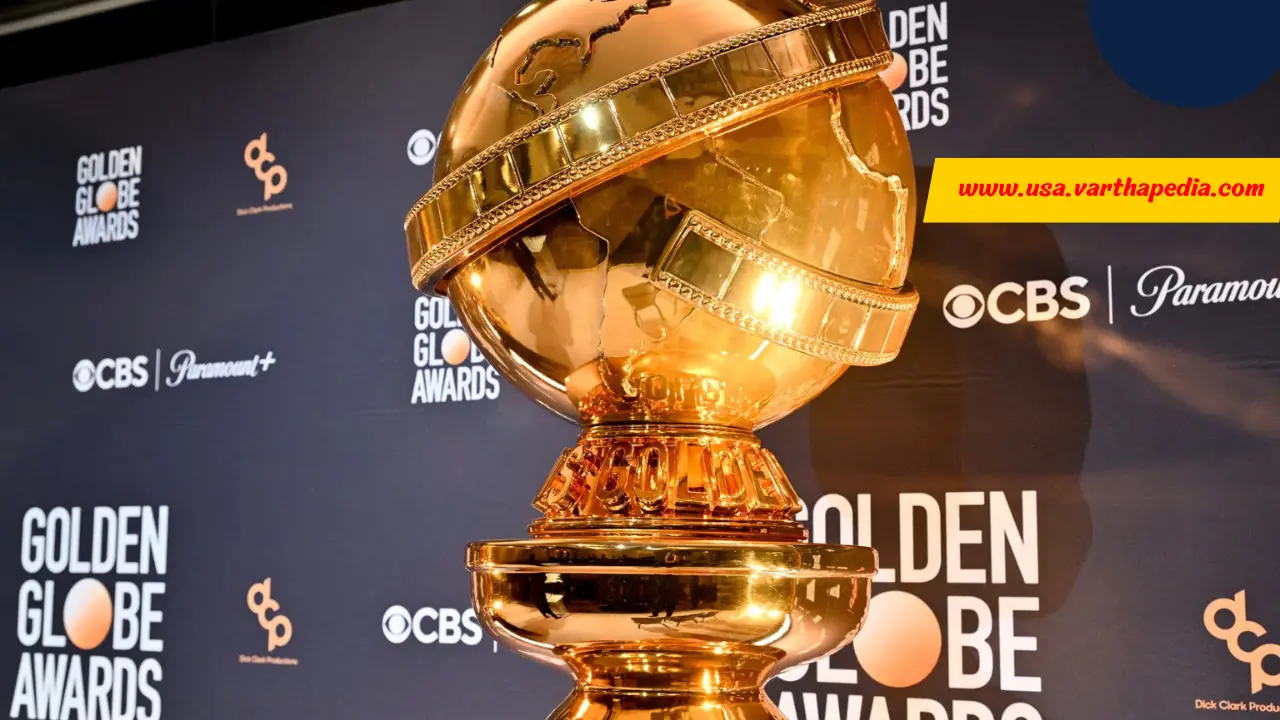Animator Buck Woodall files a $10 billion lawsuit against Disney, alleging that ‘Moana’ and its sequel copied elements from his screenplay ‘Bucky.’ Explore the details and implications of this legal battle.

In a significant legal development, animator Buck Woodall has filed a $10 billion lawsuit against Disney, alleging that the studio’s acclaimed films “Moana” (2016) and its sequel have unlawfully appropriated elements from his copyrighted screenplay, “Bucky.”
Background of the Lawsuit
Woodall’s screenplay, “Bucky,” copyrighted in 2003, centers on a Polynesian setting with a headstrong teenage protagonist, spirit animals, and a magical demigod equipped with a signature hook. He contends that these distinctive elements have been mirrored in both “Moana” and its sequel, constituting a breach of his intellectual property rights.
This is not Woodall’s first legal confrontation with Disney. His previous lawsuit concerning the original “Moana” was dismissed in November 2024 due to timing issues. However, the release of the sequel has provided a new basis for legal action.
Disney’s Defense
Disney has firmly denied the allegations, maintaining that the “Moana” films were developed independently. Director Ron Clements testified that he became aware of Woodall’s project only after the initial lawsuit was filed. The company has presented evidence to support the originality of its work, emphasizing the extensive research and creative processes involved in the films’ development.
Implications for the ‘Moana’ Franchise
The timing of this lawsuit is particularly critical, coinciding with the awards season and potentially affecting “Moana 2’s” prospects for nominations and accolades. Legal disputes of this nature can influence public perception and industry recognition, adding a layer of complexity to the film’s reception.
Understanding Copyright Infringement in the Film Industry
Copyright infringement in the entertainment industry involves the unauthorized use of protected elements of a creative work. To establish infringement, the plaintiff must demonstrate ownership of a valid copyright and that the defendant copied protected aspects of the work. This case underscores the challenges in distinguishing between inspiration and infringement, especially when works share thematic or cultural similarities.
Potential Outcomes and Industry Impact
If Woodall’s lawsuit proceeds, it could lead to several outcomes, including a settlement, a court ruling in favor of either party, or a dismissal. The case highlights the importance of clear intellectual property rights and could prompt studios to re-evaluate their development processes to mitigate legal risks.
Conclusion
The lawsuit filed by Buck Woodall against Disney brings to the forefront critical issues of copyright infringement and creative ownership in the film industry. As the case unfolds, it will serve as a significant reference point for creators and studios alike, emphasizing the need for vigilance in protecting and respecting intellectual property rights.
External Authoritative Sources
- Decider: ‘Moana 2’ Lawsuit Accuses Disney Of Ripping Off Copyrighted Screenplay
- Screen Rant: Disney Hit With Copyright Lawsuit For Moana 2 In The Middle Of Awards Season
- Soap Central: Who is Buck Woodall? What we know about the animator amid Moana 2 copyright lawsuit
- The Express Tribune: Disney sued for $10 billion over copyright infringement in Moana 2
- IMDb: Disney Hit with a Copyright Suit Over ‘Moana 2’


Pingback: Understanding Copyright Laws in the Entertainment Industry: A Comprehensive Guide for Filmmakers and Content Creators - USA Varthapedia - Latest News, Insights, and Updates Across America
Pingback: 8 Budget-Friendly Travel Destinations in Winter - USA Varthapedia - Latest News, Insights, and Updates Across America
Pingback: "7 Shockingly Easy Online Side Hustles to Start in 2025 (No Skills Needed!)" - USA Varthapedia - Latest News, Insights, and Updates Across America
Pingback: 12 Money Rules You Can Break Without Feeling Guilty - USA Varthapedia - Latest News, Insights, and Updates Across America